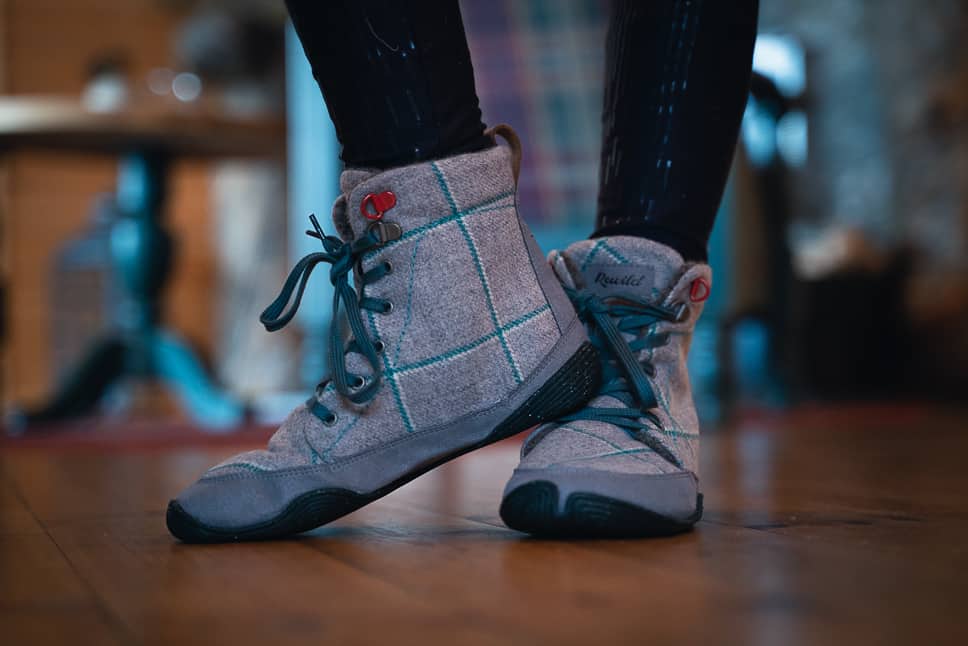
And while some runners like the lightweight, flexible feel for racing, zero drop shoes can also be used for hiking, weightlifting, and trail running. With minimal arch support and cushioning, the zero drop shoes’ lack of protection can actually help promote foot strength and ankle support. Unlike traditional running shoes, which average about a 10-millimeter drop, they encourage a forefoot or midfoot-not heel-strike, which may reduce impact on the joints and decrease injury risk.
#MINIMALIST SHOES PROFESSIONAL#
See a certified medical professional for medical advice/ diagnosis.Designed to promote a more natural running stride, zero drop running shoes have a 0-millimeter heel-to-toe drop, which means that the forefoot and heel are on the same level. Our content does not constitute a medical consultation in any form and is for informational purposes only. When choosing a barefoot shoe to try, be sure to choose the correct size and style for your foot shape and start wearing them for short periods of time to prevent injuries. While not for everyone, if you are someone with strong feet and no prior foot issues or other medical conditions, barefoot shoes for walking or running may be a great option for you to try. Final wordĬhoosing to wear barefoot shoes is a personal decision and a topic that has been debated for many years. The stress on the feet from zero shoe support can actually worsen these conditions, so a shoe with more support is highly suggested. Diabetic neuropathy causes less sensation in the feet, making it difficult to tell when an injury has occurred, so barefoot shoes are a potentially dangerous option for walking or running.įor individuals suffering from bunions or hammer toes, barefoot shoes may not be a great option. Those with diabetes and resulting diabetic neuropathy should probably avoid wearing barefoot shoes. Should you try barefoot shoes?īarefoot shoes are an excellent option for many people, but some specific individuals may want to avoid them. Introducing them slowly will decrease your risk of getting injured. As you become acclimated, you can start increasing the amount of time you wear them and the distance that you walk or run. If you are thinking about giving them a try, it is best to wear them gradually for only an hour or so at a time until your feet have gotten used to them. It is always important to be mindful of your surroundings, but this is especially true when wearing minimalist footwear so that you can avoid potential injury.īarefoot walking and running can take some time to get used to, so injuries may be more likely to occur if you are not yet accustomed to wearing these kinds of shoes. This makes it easier to be injured by stepping on things such as sharp rocks or uneven ground. First and foremost, when wearing these kinds of shoes, your feet are less protected from the external environment.

While barefoot running offers a lot of potential benefits, it does also pose some health risks. Increased range of motion in ankle and foot Less overall pain in the feet, legs, and lower back In addition to potentially improving running form and overall kinematics, running or walking in barefoot footwear may offer several other health benefits, including: What are the health benefits of barefoot shoes? This is a benefit for both everyday runners and high-mileage, elite runners.

Because barefoot shoes help improve running cadence and kinematics, there is a smaller chance of developing plantar fasciitis. This is especially true if you have flat feet because this kind of footwear can stabilize and make flat arches more comfortable when walking or running.Īdditionally, running in barefoot shoes may decrease the risk of getting plantar fasciitis, which is common in runners and other endurance athletes. There is evidence out there showing that barefoot shoes are good for both your feet and posture. With that information in mind, it is reasonable to conclude that the benefits of wearing barefoot shoes might be more related to the fitness level and kinematics of the shoe wearer themselves, and less related to the shoe type. However, it is important to note that this study was relatively small and subsequent studies have shown inconclusive results.

The study found that participants wearing the minimalist shoe type exhibited more favorable kinematics, or muscle motion, than those running in Westernized shoes. This study looked at a sample of 35 members of the tribe, some of which wore traditional minimalist sandals and others who wore more Westernized types of supportive running shoes. There is one notable study about barefoot shoes that was conducted among the Rarámuri tribe, a group known for wearing flat, minimalist running sandals. Is there any science behind barefoot shoes? Barefoot walking and running is not recommended for individuals with diabetic neuropathy or foot problems such as bunions or hammer toes.


 0 kommentar(er)
0 kommentar(er)
